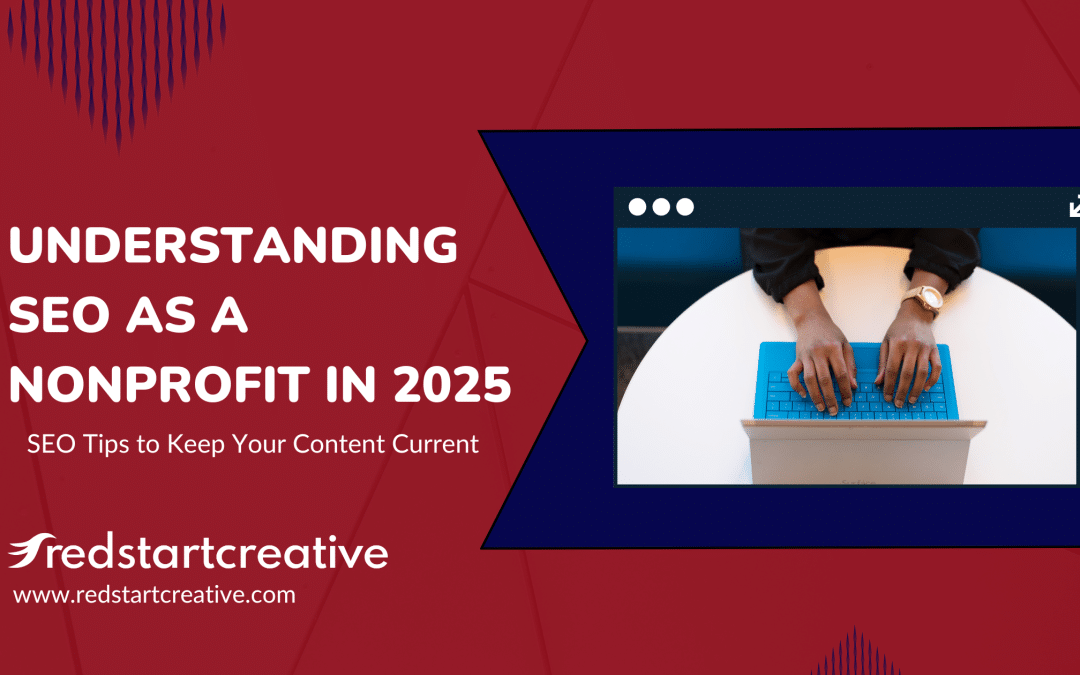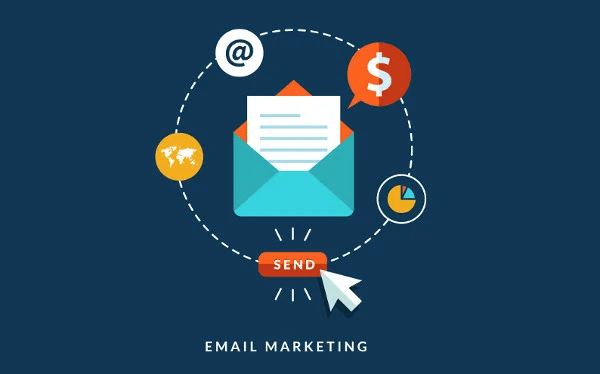Rachel Werner, CEO of RBW Strategy
potentially sanity), you received news from the federal agency that your organization was
awarded a grant. Congratulations – your hard work paid off!
The only problem is that you spent so much time on writing the grant that you and your team
haven’t thought as much about managing the grant. Panic might start to set in as you review the
notice of the grant award and navigate what needs to happen next. There are many
requirements and compliance expectations – where do you begin?
If it makes you feel any better, this is a common scenario for many new federal grant recipients.
This grant management checklist reduces the fear of managing federal grants as we build a
step-by-step approach.
Post-award grant management can be broken down into four primary stages:
- Preparing for Post-Award Management
- Grant Administration Tasks
- Ongoing Grant Implementation
- Closing Out Your Grant
Preparing for Post-Award Management
provide the framework for approaching this work and putting your best foot forward.
- Review: Ensure you and the applicable team members responsible for the grant
administration have access to grant award notice, your awarded application, and budget.
In particular, look at critical due dates, the names of your designated program officer and
grant management specialist, required forms, and the final approved budget. A good rule
of thumb is to develop a project plan to track this information (even a quick Google sheet
is a great starting point) so that nothing is missed. Mapping this out and understanding
what is expected of your organization will limit any surprises. - Kickoff: Set up a time for a kickoff call with this group and then regularly schedule
meetings throughout the grant award period. Ensure everyone understands what you
intend to accomplish during the grant period and how funds should be expended based
on the approved budget.- This is also the time when you will want to include other partners external to your organization. This may include finalizing any memorandums of understanding or partnership agreements to solidify your work together. Consider the use of a RACI chart to help you identify how you intend to communicate with different partners throughout the grant award period.
- Requirements: Check that you have access to the source files of the administrative
requirements (i.e., 2 CFR 200) and any other federal agency requirements indicated in
the notice of grant award. - Checking in: Ask the federal agency program officer or grant management specialist
(indicated in the notice of grant award) any questions or clarify any critical details so you
can ensure you are on the best path. Note these considerations when reaching out to
the awarding agency if there are still uncertainties about the award:- Standard reporting forms to use (if not indicated in the notice of grant award)
- Whether there are technical assistance sessions that would be helpful for you to
attend - The process for any budget modifications and other prior approval requirements
- Any clarifications about the approved budget and if there are deviations from the
budget in the application
- Complete: Finalize any required reports or administrative documents the federal agency
requests. Note that there are often required items before an award period begins,
including (but not limited to) a diversity and impact statement, risk assessment, and
financial integrity review. These required items often focus on assuring the funder that
you will be a good steward of public funding and that your organization is focused on
inclusivity and equity as part of its standard operations. - Designate: Identify a person or persons who will be responsible for tracking deadlines
and ensuring items are completed on time. Also, set up the shared document storage
system where you will house records concerning this grant award.
Grant Administration Tasks
nitty-gritty of administering the grant successfully. For ease of comprehension, we are
organizing these tasks into those that are financial, programmatic, or operational. Please
remember that there might be some crossover, but it can be clustered into core functional areas.
- Financial: Set up an appropriate code associated with the grant so when it is time for
reporting, those expenditures align with how the funds were spent. Share this code with
others on your team to code the expenses correctly. - Operational: Train the appropriate team members whose salaries are being paid out of a
federal grant to understand how to do time and effort reporting. Remember that the
person who completes the timesheet cannot be the one who approves it! - Programmatic: If working with an evaluator, ensure that there is a way to receive
information about ongoing progress against stated outcomes. Identify the tracking
system to measure this information regularly. - Operational: Review the existing grant management policies and procedures with the core
administration team to ensure they are accurate and reflect 2 CFR 200
administrative requirements. If not, create a plan with your team to update them. - All: Follow your organization’s current procurement policy when working with
sub-recipients and contractors and purchasing goods. If there is no such policy, you
must adhere to 2 CFR 200 requirements and other applicable requirements as identified
in the notice of grant award.- Procurement tends to be one of the most complicated processes to follow in the
administration of grant funding. There are often questions about subrecipients
versus contractors. This one-pager can help as you begin to think about working
with other partners.
- Procurement tends to be one of the most complicated processes to follow in the
Ongoing Grant Implementation
critical as the momentum must be maintained and compliance requirements followed, especially
if managing a multi-year grant. Here are some additional steps to continue this positive
trajectory.
- Financial: Conduct an ongoing review of actual versus budgeted expenditures to ensure
you are on track. - Programmatic: Reach out to the program officer if there are deviations in your
anticipated outcomes in advance of any reports. - Operational: Continue to work towards finalizing the grant management policies and
procedures. Focus on the most critical ones and update those to comply with 2 CFR
200. - All: Reach out to the federal agency if prior approval is needed based on any changes
that require review. This can include budget modifications, changes in key personnel,
changes in contractors, etc. - All: Submit required financial and progress reports based on the deadlines identified in
the notice of grant award. These reports are often a team effort, so start working on them
well before the stated deadlines. Do not wait until the last minute, especially if any
outreach to the awarding agency is required.
Closing Out Your Grant
important that you follow all protocols to ensure a successful closeout. When finalizing the grant,
here are some key considerations to ensure you have completed everything needed to execute
the award correctly.
- Financial: Review all expenditures to ensure that all the funds associated with the grant
have been expended. - Programmatic: Check that all the outcomes have been met and that any reports include
the completed evaluation metrics. - Operational: If your organization has received over the minimum federal funding
threshold within your fiscal year, begin to prepare for a single audit. This includes
reviewing the compliance supplement and locating the grant program associated with
the award. This will consist of a checklist of required items to be available to the auditor. - All: Update all digital files with documents and reports associated with the grant. Some
other required items might include an inventory log for all funded equipment and the
disposition of equipment. - All: Submit all final financial and progress reports based on the deadlines identified in the
notice of grant award.
Wrapping Up
While receiving federal funding can be daunting (especially those new to federal grants) the
work can be managed if broken up into discrete actions. It is okay to take a step-by-step
approach, especially if you have limited resources. By starting with a strong framework and
understanding the resources, personnel, and requirements to ensure grant management
success, your organization will be able to thrive as you’ll have a collective of effective grant
administrators.



